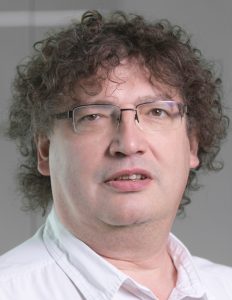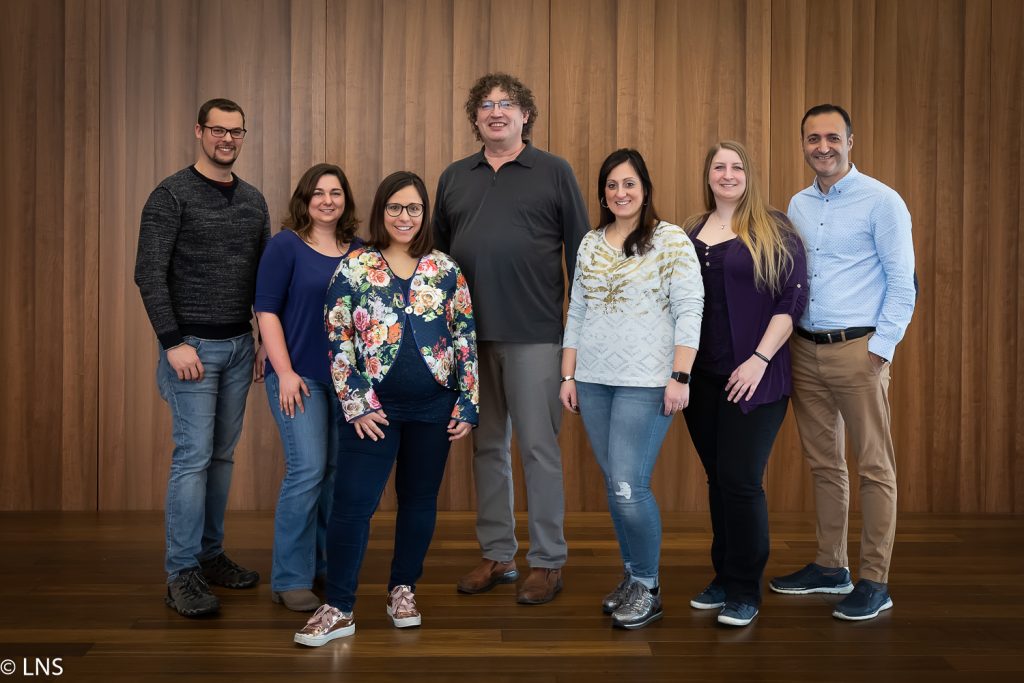
Dr sc. Michel Yegles
- Department
DEPARTMENT OF FORENSIC MEDECINE - Unit
FORENSIC TOXICOLOGY - Function
Responsable de service - Specialization
Toxicologie médico-légale - Phone
+352 28 100 570 - Fax
+352 28 100 562 - Email
michel.yegles@lns.etat.lu

In 1978, Luxembourg has acquired a ‘toxicology division’. Since then, this team has carried out analysis of biological and non-biological samples at the request of and in collaboration with health and government authorities.
In 1978, Luxembourg has acquired a ‘toxicology division’. Since then, this team has carried out analysis of biological and non-biological samples at the request of and in collaboration with health and government authorities, with addiction treatment centres, physicians and hospitals, public research centres, judicial authorities, military and prisons. In 2010, a unit intended exclusively to carry out forensic toxicology was set up within the LNS. Subsequently, it became the forensic toxicology service at the time when the LNS became a public institution. The service is integrated into the forensic department.
The most important activities of the service lie in routine analysis applying toxicological expertise for forensic autopsies and in cases involving living beings (driving automobiles under the influence of psychotropic substances, occupational accidents, crimes involving drugs and drug-facilitated crimes, etc.).
In addition, one of the strong points of the laboratory is providing hair analysis1 detecting drugs of abuse, pharmaceuticals or alcohol marker for granting, maintaining or regranting of driving licence cases and/or for drug-facilitated crimes.
In the area of research and development, a significant effort is made to achieve a better interpretation of analytical results, to develop new analytical methods and to detect new pharmaceuticals and drugs of abuse.
As a result, research activities on the use of ethyl glucuronide as a hair alcohol marker have generated numerous articles in international scientific journals. These studies have been made possible thanks to close collaboration with international universities and institutes.
Close national collaboration has taken place with the European Monitoring Centre for Drugs and Drug Addiction – Luxembourg Focal Point (annual assessment of driving under the influence of drugs and fatal overdoses), with judicial authorities and law enforcement (evaluation of the saliva test Drugwipe 5S).
Internationally, in addition to its research collaboration with international institutes, the head of the service is a national expert on ‘drug-related death’ for the ‘European Monitoring Centre for Drugs and Drug Addiction’ in Lisbon, a Board Member of the Society of Hair Testing and Vice President of the ‘Toxicological Society of Belgium and Luxembourg’.
The range of analytical instruments available at the service is highly sophisticated. This includes immunoanalysers, gas chromatography systems coupled with mass spectrometry with normal sampler or headspace sampler, a high-performance liquid chromatography system with diode arrays detector or coupled with mass spectrometry.
In 2017, the service started an ISO 17025 accreditation project.

1 Hair possesses the unique property of being a marker for chronic consumption of alcohol, pharmaceuticals and narcotics. A long-term consumption profile (several months) may be established in opposite to other biological matrices like saliva, serum and urine.